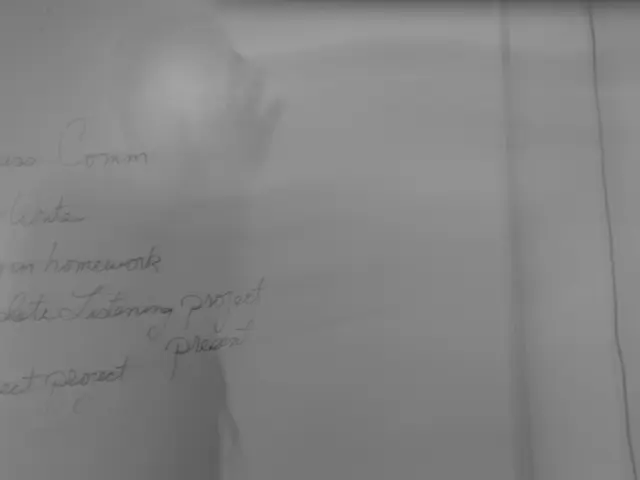Rejection of the AfD's plea to halt nuclear power station decommissioning
🎉 Let's dive into the thrilling world of German politics, shall we? 🎩💼
The German parliament recently faced a ruckus with the AfD faction's attempt to halt the phase-out of nuclear power plants in the Environment, Climate Protection, and Nuclear Safety Committee. Their motion, much akin to flipping a switch, aimed to halt the shutdown of all dormant reactors and alter the Atomic Energy Act. The party wanted to lift the restrictions on operating times, electricity input thresholds, and the ban of nuclear power plants producing commercial electricity.
The reason? They believed that nuclear power plants, if reactivated, could produce cheaper energy and ease the de-carbonization process. Citing the example of reactivated nuclear power plants in the USA, the AfD argued that Germany could generate its own nuclear energy rather than importing from France.
However, other factions strongly opposed this idea. Members of the Union faction pointed out that the phase-out decision had already been made and that it's time to look to the future, not retroactively tinker with old ideas. Their suggestion? Repurposing these power plant sites for research on new nuclear technologies, which could help with handling nuclear waste and disposal.
Members of the SPD, Greens, and The Left firmly rejected the idea of reintroducing nuclear power. A Green Party member stated that nuclear power is a high-risk technology with unresolved waste disposal issues. Consequently, the phase-out was the right move, they argued, as it hasn't caused any blackouts or increased electricity prices.
Even more, the SPD questioned the feasibility of reactivating already mostly decommissioned reactors. A member pointed out that these projects would require costly new construction. A member of The Left described a return to nuclear power as completely uneconomical, given the lack of insurance and lingering safety concerns, particularly around dependence on Russian fuel elements.
So there you have it! The AfD's attempt to revive nuclear power in Germany was a tough sell, and their motion was squashed in the committee, largely due to Germany's strong commitment to its energy transition strategy, known as the Energiewende. This strategy emphasizes transitioning to renewable energy sources and phasing out nuclear and fossil fuels. 🌍💨🔋🚀
Sources:- German Bundestag, Parliamentary News on 04 June 2025- [1] European Atomic Forum, Nuclear Energy in Europe: Overcoming Challenges to a Sustainable Future- [2] Climate Action Network Europe, Energy Transition and the Role of Nuclear Power in Europe- [3] German Federal Ministry for Economic Affairs and Energy, Statement on the Future of Nuclear Energy in a Changing Energy Landscape
The economic and social policy debate in German politics centers around the future of nuclear energy, as the AfD faction seeks to reverse the phase-out of nuclear power plants. This is evident in their attempt to alter the Atomic Energy Act and reactivate dormant reactors for cheaper energy production. However, other factions, such as the Union, SPD, Greens, and The Left, oppose this idea due to high risks, unresolved waste disposal issues, and lack of feasibility. The German parliament's general news and policy-and-legislation have been dominated by this industry-related finance concern, with the Energiewende strategy, emphasizing renewable energy, as the primary counter-argument against nuclear power.








